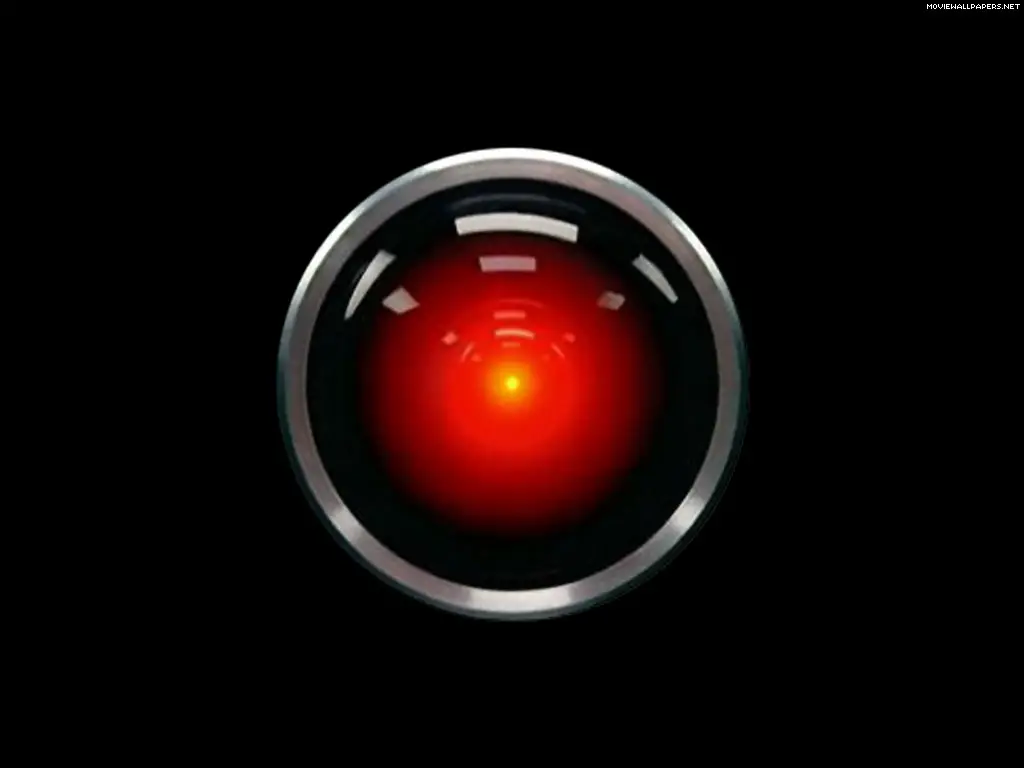Blow Out the Candles on the Happy Birthday Lawsuit. You May Now Sing It Royalty-Free
It’s settled: The staff at restaurants can now sing “Happy Birthday” without having to pay for it.
Late Monday, a judge in California approved a settlement to not only put “Happy Birthday” into the public domain after more than 100 years, it ordered Warner/Chappell Music to give back $14 million in licensing fees. This action came almost a year after the same judge, George King in the US District Court in Los Angeles, ruled that Warner/Chappell did not actually own the rights to the lyrics to the song, written back in 1893 by sisters Patty and Mildred Hill. It’s possible Warner/Chappell or one of its predecessors haven’t owned the rights to the song, or the ability to legally charge for its use, for decades.
This latest case was brought about by Jennifer Nelson, a filmmaker who was researching a new documentary on the history of the song. Warner Chappell charged her $1,500 to use the song. She decided to sue Warner Brothers, the parent company of Warner/Chappell, under the premise that the copyright protection to the song expired decades ago. Last September, the judge sided with Nelson and copyright lawyer Robert Brauneis, who argued that only certain arrangements of the song were under copyright protection since 1963.
The lawyer further argued that it wasn’t clear which sister was responsible for the melody or the lyrics. As a result, Warner Brothers could only claim to own the copyright to a song if they could prove which sister did which work.
The judge agreed that Warner Brothers only owned the copyright to a single arrangement of the song, therefore releasing it into the public domain. Now anyone can use the song freely and for free, which could make your next birthday dinner a little more embarrassing. At least now everyone knows the words.
In addition to the $14 million Warner Chappell is obliged to pay back (though where the money is going was a little unclear), Nelson was awarded the more than $4 million in attorneys fees she sought.
More details here.





Pingback: A Journal of Musical ThingsWhen Something in the “Public Domain” Isn’t - A Journal of Musical Things